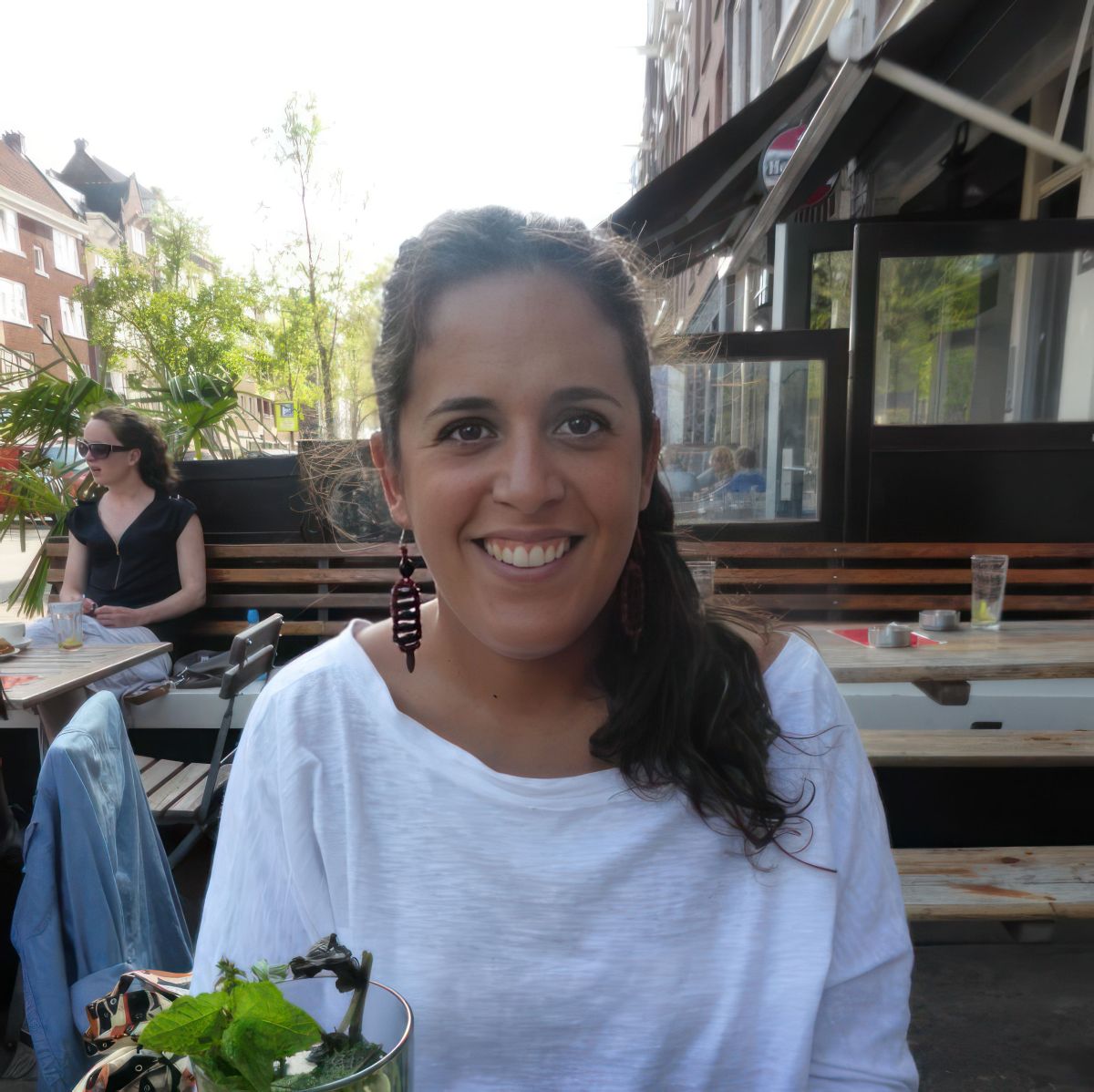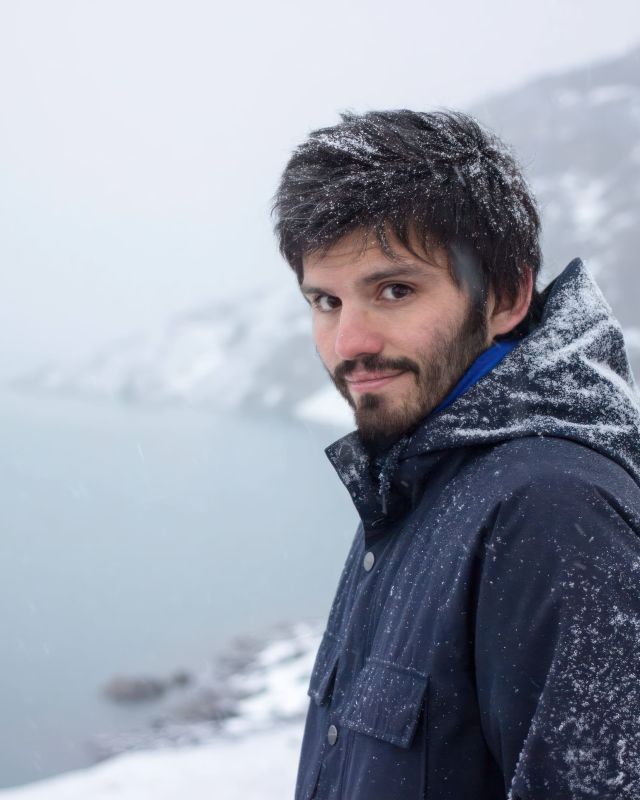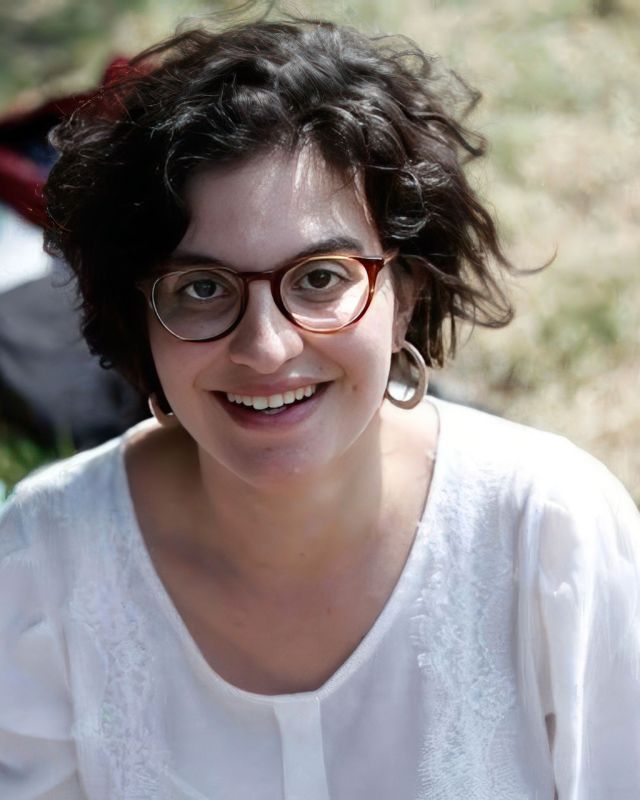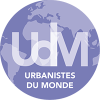Portrait

Portrait of Clémentine Tribouillard - City / Territorial and Urban Management Major 2003-04
Posted on | Alumni Portrait
At the beginning of 2016, In Situ set out to discover its first alumni from the 'city major'. We met Clémentine Tribouillard, by skype, class of 2003-2004. Clémentine flew to Brazil for an internship with the French Cooperation; she stayed there for 3 and a half years as an international volunteer. She then worked for 6 years in Avignon for UrbaConsulting as a development officer and finally moved to Haiti in 2012 where she became an independent consultant and from where she works in many countries.
A career marked by mobility: "In 12 years, I have worked in 20 or 30 cities
In Brazil, after an internship, Clementine volunteered with CAIXA, the Brazilian Caisse des Dépôts, working on the management of a municipal support programme in 12 Brazilian capitals. Her mission consisted of converting stocks of old and degraded housing centres into social collective housing. On her return to France, she became involved in the development of UrbaConsulting, which had just been created. In charge of development, particularly for the urban aspect, she was quickly mobilised by the sister company HydroConseil. She then became familiar with urban services in African slums and water and sanitation issues.
After 5 years, for personal and professional reasons, she left to discover Haiti. She has been based there since 2012, self-employed for 3 years, with her partner. The country is a mine of work, especially after the earthquake. Initially, they confirmed their expertise on social housing missions while seeking to multiply evaluation missions "elsewhere: Laos, Djibouti, Madagascar... It is important to be able to reinvigorate oneself through contact with other projects, to be confronted with new contexts and people, especially in order to come back more constructive.
From the major city to the discovery of the different fields and trades
"At Sciences Po, she started with courses on development issues, then she preferred urban jobs and territorial administration. She finds herself with those who are preparing for the territorial civil service. The urban sociology course and its comparative European scope will have particularly marked her.
But, "I am not a town planner!" she says, "I am a political scientist or sociologist with a specific focus on local government issues.
At Sciences Po, she learned more about methods than about technical aspects. This is reflected in her work as a consultant where "you have to relearn everything each time". Her training prepared her for this constant intellectual gymnastics and to save time on preparatory reading before each mission. Understanding local legislation, the organisation chart of partners and, above all, visiting the city in which she is interested... Her understanding of the institutional aspects gradually led her to take on the role of coordinating project actors.
During her first missions, Clémentine managed the institutional and socio-economic aspects. For the former, it is a matter of understanding the capacities of the partners in view of the institutional anchoring of the project or organisational audits. The latter consisted in particular of field surveys, which enabled her to learn, in the field and with her colleagues, the tools for processing surveys, particularly statistical processing. She concludes that these are very formative missions which today enable her to better coordinate the teams in charge of the missions.
Today, Clémentine puts together teams with professionals from different specialities, always keeping an eye on the capacity to anchor and sustain programmes. She notes the new interest in civil society and the need for academic training on urban issues. On this subject, she confirms that mastering a reference framework (the French case, for example) enables her to consolidate her position as an expert with specialists of other nationalities.
Four years in Haiti
Yet there is a lot of work in the country, with engaging missions, especially in the post-earthquake context. However, Haiti has been transformed into an Eldorado for donors and a platform for expatriates. There is great mobility of expatriates, great wear and tear on young graduates and the fads of good practice of certain donors, which weakens the anchoring of programmes within the established deadlines. After four years, the end of a cycle is in sight and there is a desire to change. Moreover, we move all the time for reasons that were not foreseen, she says.
Here too, her career path is a progression in scale, from the micro, "where you work as a fireman", to the macro, where you give an opinion on the definition of projects. When she arrived, she worked at building level on issues of economic and social balance in social housing. These missions are in a post-earthquake context, interventions had been delayed. Engaged in a project of the Inter-American Development Bank, she intervenes at the level of social housing estates: management strategies between renting and selling; maintenance of the premises; and above all, the selection and handing over of leases to 400 families. It is confirmed as an expert and is mobilised by donors seeking to improve their interventions in the country.
At the neighbourhood level, she has focused on the issue of population displacement, integration of urban services and municipal formalities. She has advised the government of Haiti on housing programmes and USAID on programmes for the Haitian public housing company in the north of Haiti. Its fourth mission aimed to set up a ZAC-type model to facilitate investment in Haiti through public-private partnership strategies. However, this methodology seems difficult to implement in the Haitian tradition, but she balances this by recalling that, as in other programmes in which she has participated, it takes time - and mistakes - for projects to make their way. She then worked at the city level, looking for urban development strategies and finally intervening upstream, at the level of the intervention strategy of the European Union delegation (the 11th European Development Fund) in Haiti. His mission ended in June 2016.
A final word for students and young graduates?
As the conversation progresses, the motivation to be confronted with the field, with the actors and to build up experience is apparent: the profile of the young expert with major responsibilities does not seem to convince her. "There are lots of missions and work; you have to have and show desire! As a final piece of advice, she confided that it was necessary to cultivate one's network through mobility and to experience international work as much as possible.
And finally, she concludes with the hindsight of her experience that one should not give in to the panic of the crisis: there is work for everyone, even for young graduates!
On her advice, the author of this portrait has read Lyonel Trouillot, a Haitian author, and strongly recommends that you discover Kannjawou (Actes Sud; 2016) and Les enfants des héros (Actes Sud 2002).
Cristian Santibanez - GLM 2012 - Public Relations and Technology Manager / AUTONOMY
Posted on October 21, 2016
Cristian Santibanez is a creative leader and urban innovation project manager. He is currently building AUTONOMY, a next-generation global event aimed at bring…
Portrait of Sarah Zouheir - Urban Policy 2010 - Advisor to the Cabinet of the Chairman of the Management Board of the Société du Grand Paris
Posted on June 02, 2016
In a sunny garden in May, In Situ met the dynamic Sarah Zouheir, who graduated from the Urban Policy double degree (STU-LSE) in 2010. If her profile is marked…
 English
English  Français
Français 




